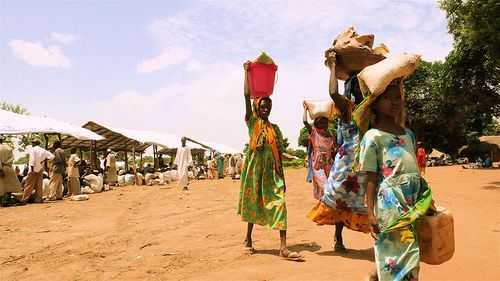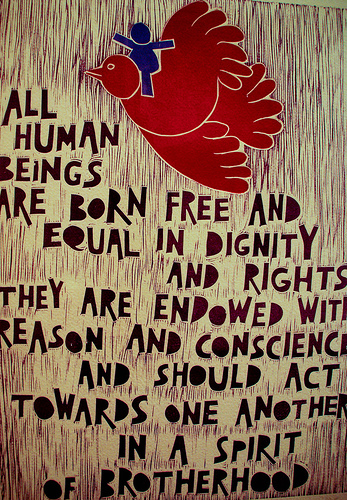
In a new millennium that must face complex, transnational challenges ranging from climate disruption to cyberwar, averting disaster is not always an option. How then can society quickly rebound from unavoidable disruptions to its social fabric? Social resilience helps guide us toward a sustainable answer.
This ISN Special Report contains the following content:
- Jamais Cascio’s Analysis outlines a vision for the resilient society of the future.
- In our Podcast interview Jennifer Giroux discusses the concept of resilience in light of the Iceland volcano eruption, particularly the impact of social media and the private vs public sector relationship.
- A Security Watch article about “The Complexity of Social Resilience” by Professor Norman Vasu of the S Rajaratnam School of International Studies.
- Publications housed in our Digital Library, like the Center for Security Studies’ policy brief, “Resilience: A Tool for Preparing and Managing Emergencies.”
- Primary Resources, including the UK government’s cybersecurity strategy.
- Links to relevant websites, among them the UN’s International Strategy for Disaster Reduction.
- Our IR Directory with relevant organizations, such as the S Rajaratnam School of International Studies, which provides a research outlet for ‘non-traditional’ security studies, like social resilience.




